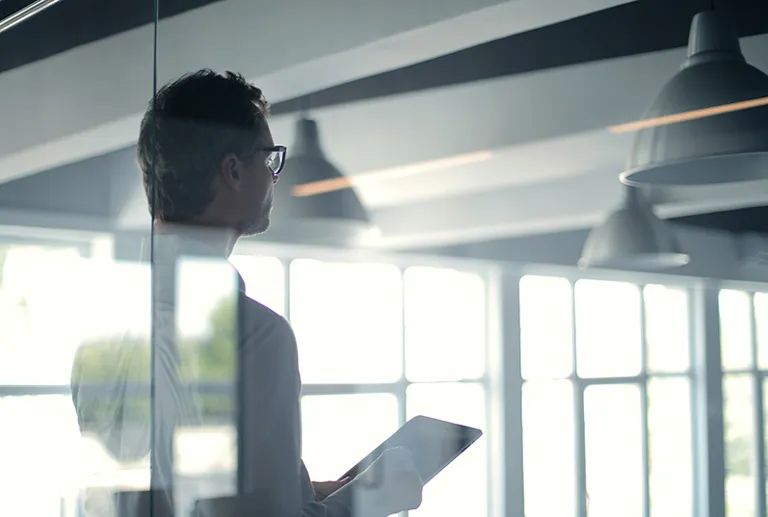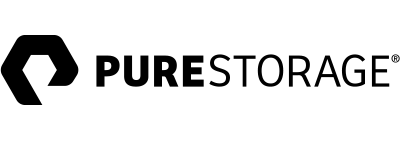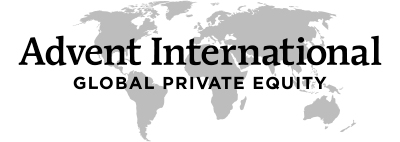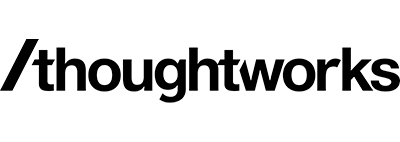See through the crisis
Clarity amidst the chaos
The COVID-19 pandemic has put the spotlight on every organisation’s continuity plans. Through our work with global leadership teams, transformation experts and academics, we have identified a common challenge organisations face during a crisis. They lack clarity.
Incomplete process, opaque leadership or disenfranchised teams may be symptoms of the problem. But the real challenge is that too many decision makers have only limited visibility of what’s actually happening within their organisation.
Gaining clarity is therefore critical for any business under pressure. It helps businesses survive disruption, because if you can see what’s important, you can make better decisions.
When they ask you ‘What’s the plan?’, do you have a clear answer?
During any crisis, organisations should exist in two modes. Clearly they must have a resilience/survival mode that allows them to see the crisis through. For many businesses this has, understandably, been the primary focus throughout the pandemic. However it’s also important to see through the crisis – to develop a form of resilience beyond persevering now, that’s geared towards success in the future.
For leaders to attain both forms of resilience, they must have a clear picture of the human behaviours within their organisation. That’s why in the coming weeks we’re sharing insights from our proprietary organisational intelligence indexes that span four key areas:

[1] Critique your own thinking
Crises reinforce the need for leaders to make high-quality decisions at speed, relying on good judgement that’s backed by insight.
It’s important to critique the perspectives used in decision making. Are the insights that shape your decisions complete, or do they tell only part of the story?
40%
of businesses will never reopen after a major natural disaster.
Gartner
Stress-Test Your Business Continuity Management
Personal resilience… is enhanced by moving away from narrow self-interest towards meaning-based behaviours such as concern for family, colleagues or society.
Julian Birkinshaw
Professor of Strategy and Entrepreneurship, The London Business School
[2] Alignment of effort
The human component of resilience is a weak point for many organisations. And yet this determines your ability to react quickly in a crisis.
Understand the behaviours of both leaders and teams operating under pressure. This will clarify how you can sense, respond and adapt to disruptive change.
[3] Continuous decision making
Business continuity plans identify multiple scenarios, but it’s impossible to predict every eventuality. So you’ll always have to deal with unknowns.
Leaders need continuous visibility of individual and organisational performance if they’re to understand the impact of their decisions.
People across the organisation have to know what’s going on, at all times, so that they can make smart decisions about how to act.
Julian Birkinshaw
Professor of Strategy and Entrepreneurship, The London Business School
The crisis will reveal not just vulnerabilities but opportunities to improve the performance of businesses.
Mckinsey
Beyond coronovirus: The path to the next normal
[4] Accountable performance
Leaders need to be clear about the mindset, motivations and actions that support organisational resilience – and share this insight with their team.
When everyone understands what success looks like, and how it’s reported, effective behaviours are repeated across the organisation.
Next steps in building resilience
We’ve developed our Organisational Resilience Index (ORI) to help leaders refine their resilience strategy. It allows you to understand the individual, leadership and organisational behaviours needed to survive disruption.
By providing you with clarity, it supports better decision making during a crisis. Because we believe clarity is the basis for all effective strategy, risk management and performance improvement.

Resources

We believe that improving your organisational performance should happen like a conversation – constantly...

Crises reinforce the need for leaders to make high-quality decisions at speed, relying on good judgement that’s backed by insight. Such clear thinking….

If any lesson can be taken from the pandemic, it is that people still remain critical in almost every facet of society. The human component of organisational resilience …

In uncertain situations, leaders face intense pressure to make effective decisions. In uncertain situations, leaders face intense pressure to make effective decisions.






